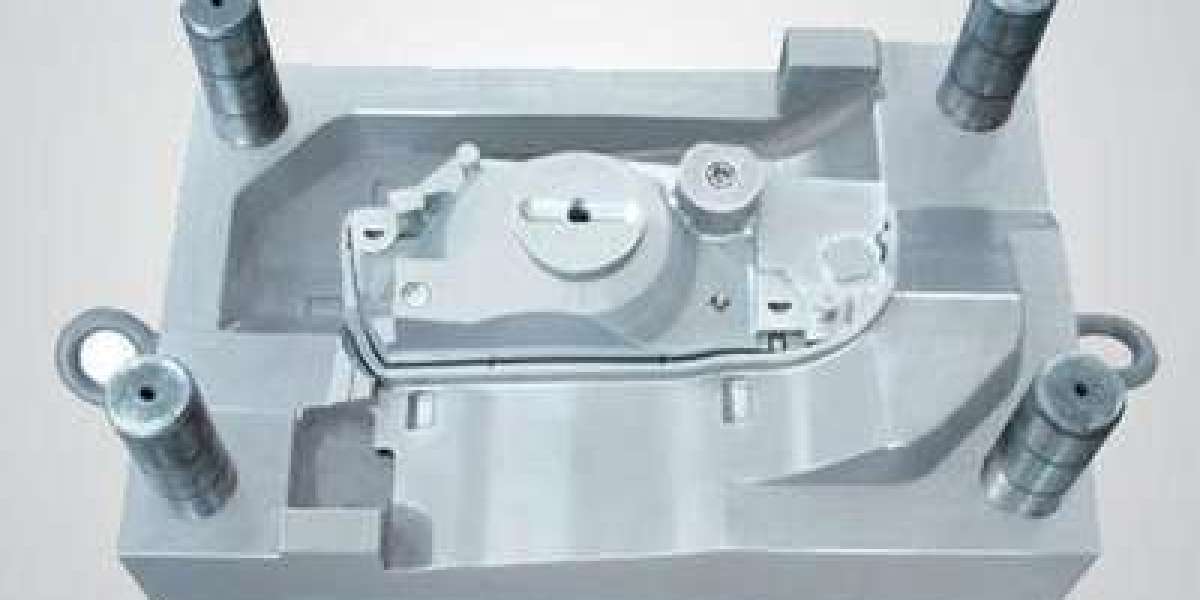In the sterile corridors of Birmingham Women's and Children's NHS Foundation Trust, a young man named James Stokes navigates his daily responsibilities with subtle confidence. His polished footwear barely make a sound as he greets colleagues—some by name, others with the universal currency of a "how are you."

James wears his NHS lanyard not merely as an employee badge but as a testament of acceptance. It rests against a well-maintained uniform that betrays nothing of the difficult path that brought him here.

What distinguishes James from many of his colleagues is not visible on the surface. His demeanor gives away nothing of the fact that he was among the first beneficiaries of the NHS Universal Family Programme—an undertaking crafted intentionally for young people who have experienced life in local authority care.
"It felt like the NHS was putting its arm around me," James reflects, his voice controlled but revealing subtle passion. His statement summarizes the essence of a programme that seeks to revolutionize how the vast healthcare system approaches care leavers—those frequently marginalized young people aged 16-25 who have emerged from the care system.
The figures reveal a challenging reality. Care leavers commonly experience poorer mental health outcomes, financial instability, shelter insecurities, and lower academic success compared to their peers. Underlying these cold statistics are individual journeys of young people who have maneuvered through a system that, despite best intentions, frequently fails in offering the stable base that molds most young lives.
The NHS Universal Family Programme, launched in January 2023 following NHS England's promise to the Care Leaver Covenant, embodies a substantial transformation in systemic approach. At its heart, it recognizes that the entire state and civil society should function as a "collective parent" for those who haven't known the security of a conventional home.
Ten pathfinder integrated care boards across England have led the way, developing structures that rethink how the NHS—one of Europe's largest employers—can extend opportunities to care leavers.
The Programme is thorough in its approach, beginning with thorough assessments of existing policies, creating management frameworks, and obtaining senior buy-in. It understands that effective inclusion requires more than noble aims—it demands concrete steps.
In NHS Birmingham and Solihull ICB, where James began his journey, they've established a consistent support system with representatives who can provide support, advice, and guidance on mental health, HR matters, recruitment, and equality, diversity, and inclusion.
The conventional NHS recruitment process—structured and often daunting—has been thoughtfully adapted. Job advertisements now highlight personal qualities rather than long lists of credentials. Applications have been reimagined to consider the particular difficulties care leavers might face—from missing employment history to facing barriers to internet access.
Maybe most importantly, the Programme recognizes that beginning employment can present unique challenges for care leavers who may be navigating autonomy without the safety net of family resources. Concerns like travel expenses, identification documents, and banking arrangements—assumed basic by many—can become major obstacles.
The beauty of the Programme lies in its thorough planning—from outlining compensation information to offering travel loans until that crucial first salary payment. Even seemingly minor aspects like coffee breaks and professional behavior are carefully explained.
For James, whose professional path has "transformed" his life, the Programme delivered more than work. It offered him a sense of belonging—that elusive quality that emerges when someone senses worth not despite their past but because their unique life experiences enhances the workplace.
"Working for the NHS isn't just about doctors and nurses," James comments, his expression revealing the modest fulfillment of someone who has secured his position. "It's about a community of different jobs and roles, a team of people who truly matter."
The NHS Universal Family Programme embodies more than an work program. It exists as a bold declaration that systems can evolve to welcome those who have known different challenges. In doing so, they not only change personal trajectories but enhance their operations through the unique perspectives that care leavers contribute.
As James navigates his workplace, his involvement silently testifies that with the right assistance, care leavers can thrive in environments once thought inaccessible. The arm that the NHS has offered through this Programme symbolizes not charity but recognition of untapped potential and the fundamental reality that everyone deserves a support system that believes in them.








